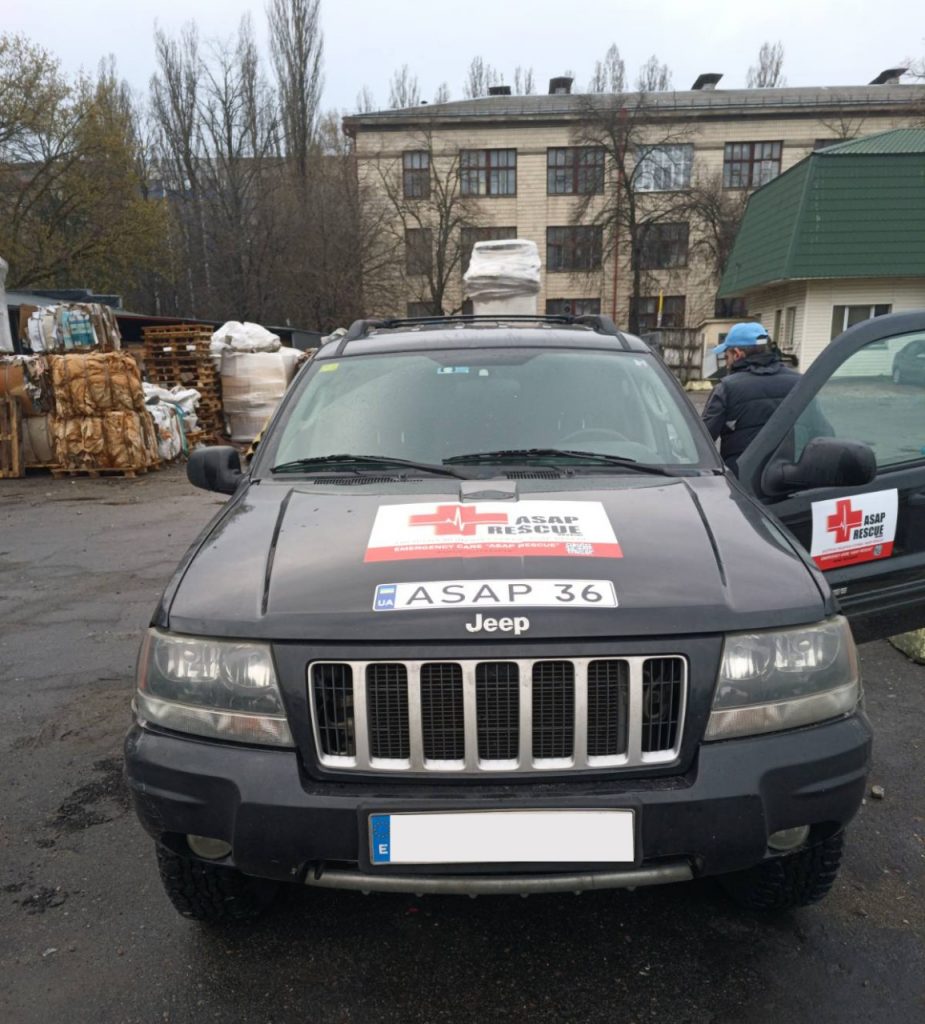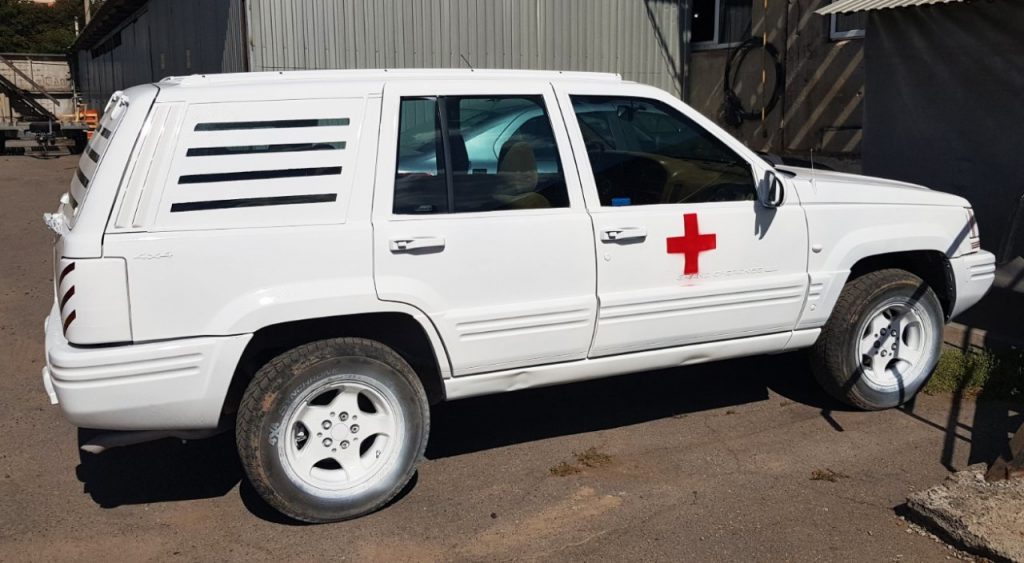
Donate a Car to Ukraine
Here is how you can support Ukraine in fighting for freedom and democracy.
How to Donate Your Car?

Take a Decision on the Car Donation
Ukraine needs your support. Just contact us to find out if we can use your car for Ukrainian defense needs.

We’ll Take Care of Your Old Car
No need to worry about car transportation. We’ll carry all the process from charring the car from your door.

We’ll Rebuild and Upgrade the Vehicle
We’ll rebuild your car depending on its model for military or medic needs and provide you the photo and video proofs.
Civilian vehicles get transformed for Ukraine battlefield
Latvian used vehicles helping to defend and support Ukraine

Donate a Car for Military Use
Such vehicles are used by the Ukrainian army to liberate territory from Russian invaders.
Donate a Car to ASAP Rescue Team
Such cars are used to rescue Ukrainian defenders from the front line and transport them to the hospital.


Donate a Car to Medical Team
Such cars are used by medical personnel to save the lives of Ukrainian soldiers.
Your Vehicle will Serve for a Peace


We are Volunteers from Ukraine
Feel free to write us directly, we are ready to answer all your questions.

Igor Litvinenko
Donator communication
Languages speaking: English, Polish, Ukrainian

Olexandr Lushin
Car selection and repairs
Languages speaking: Ukrainian, English

Serhii Kulibaba
Car logistics
Languages speaking: Ukrainian, English

Dmytro Gruzdev
Car shipping from Spain
Languages speaking: Ukrainian, Spanish

Ihor Lavrenenko
Website idea
Languages speaking: Ukrainian, English
Donate a Car Form
💙💛 We appreciate your interest to support Ukraine. Fill out the form to donate your car and we’ll contact you to discuss the details.
Car Donation FAQs
Why should I donate my car to Ukraine?
By donating your car, you are supporting Ukraine in their fight for freedom and democracy. Your donated car can be used by the Ukrainian army and paramedics to serve essential functions in the battlefield.
How can I donate my car to Ukraine?
Simply contact the designated team or organization directly. They will provide you with all the necessary details and steps to donate your car.
Do I need to arrange transportation for my donated car?
No, you do not need to worry about car transportation. The team will handle the process of picking up the car from your location.
What will happen to my donated car once it’s in Ukraine?
The car will be rebuilt and upgraded depending on its model for either military or medic needs. You will also be provided with photo and video proofs of its transformation and usage.
Can civilian vehicles be used on the Ukraine battlefield?
Yes, civilian vehicles can be transformed to serve various roles on the battlefield, such as transporting soldiers or medical purposes.
How are vehicles from other countries, like Latvia, helping Ukraine?
Used vehicles from countries like Latvia are being repurposed to defend and support Ukraine in its military and medical efforts.
What is the purpose of donating a car for military use?
Vehicles donated for military use are employed by the Ukrainian army to reclaim territories from invaders and for various other military operations.
What is the ASAP Rescue Team, and how can a car donation help them?
The ASAP Rescue Team uses donated cars to rescue Ukrainian defenders from the front line and transport them to hospitals for medical care.
Why should I donate a car to the medical team?
Donated cars to the medical team are repurposed to aid medical personnel in saving the lives of Ukrainian soldiers. These vehicles facilitate the swift transportation of wounded soldiers to medical facilities.
Can I get updates on how my donated car is being used in Ukraine?
Yes, upon the transformation of your vehicle for military or medic needs, you will be provided with photo and video proofs to keep you updated on its utilization.